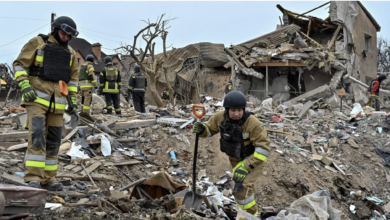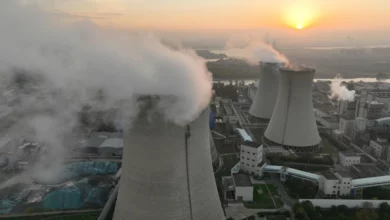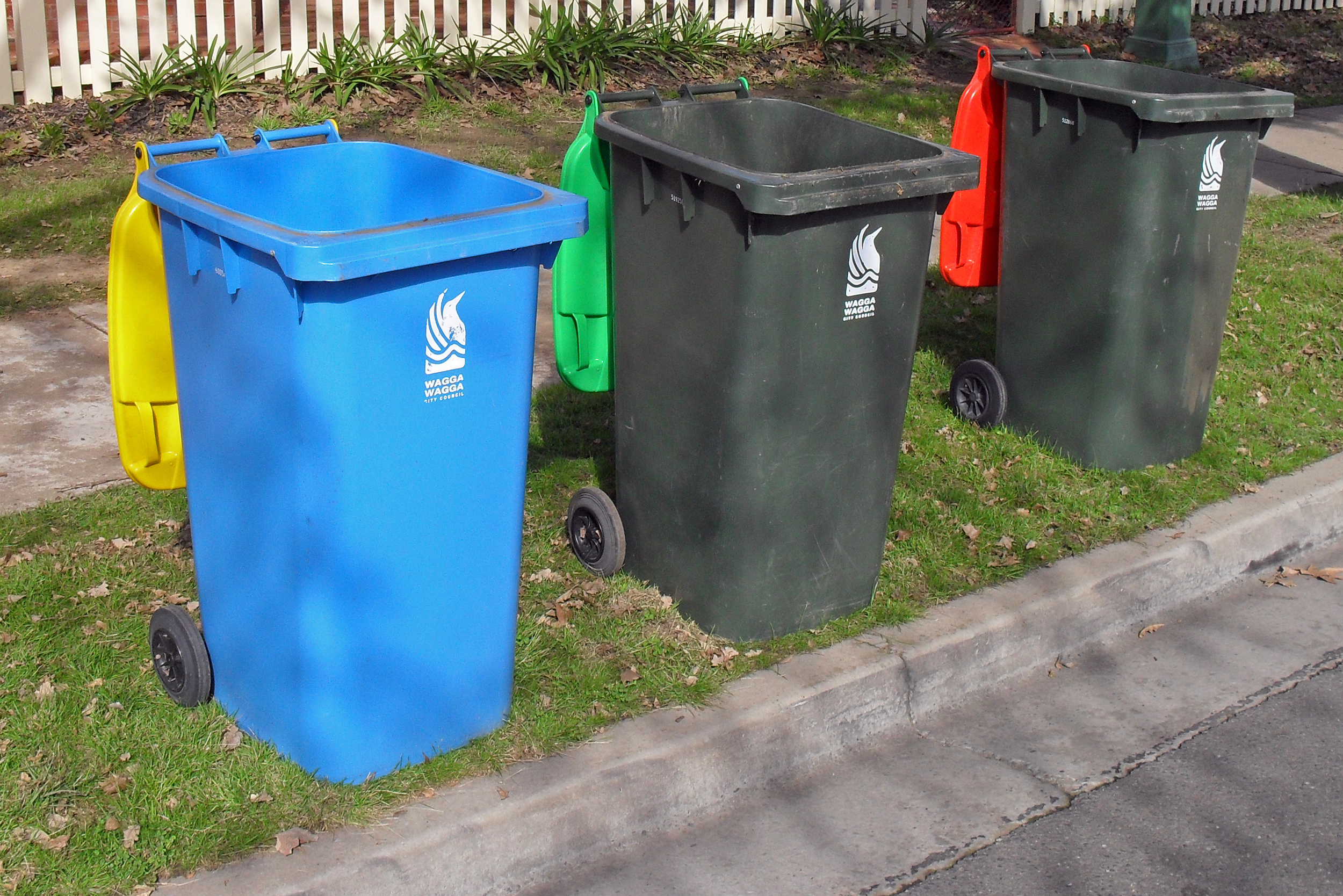Over the years, waste management has been a major concern in Greater Cairo due to a lack of sufficient disposal facilities. While this led to the burning of municipal waste, heavy fines and the enforcement of regulations have, until recently, helped keep the practice under control.
But with fewer police on the streets, more urgent matters facing the interim government, and ongoing strikes by waste management employees, trash is piling up and burning is becoming more widespread.
“Residents have taken it upon themselves to solve the large accumulation of trash issues by resorting to increased burning,” says Rehab al-Hawary, a media spokesperson for the Egyptian Environmental Affairs Agency (EEAA), a subsidiary of the Environment Ministry, who carries joint responsibility in managing waste with the Cairo Cleaning and Beautification Agency (CCBA), the public authority for the cleaning and beautification of Cairo.
“Many of the usual garbage workers are on strike or not getting paid, and the police are no longer monitoring where the garbage goes,” says Osman Abdel Naby, a Sakkara resident who is also the director of the Egyptian Endurance Riding Association (EERA) – an NGO originally dedicated to horse riding that now also specializes in waste management. The change was motivated by the continued burning of rice straw associated with horse riding over the years, as well as the recent lack of garbage collectors in the Sakkara area since Egypt’s uprising.
“So rather than taking the garbage to the designated areas, unsatisfied workers are dumping the waste off of the side of the ring road," Abdel Naby says.
The waste often lands in periphery communities, adding to the already abundant trash heaps – which can sometimes reach as high as six or seven meters, according to reports from the EEAA.
“Out of frustration and aware of the absence of authorities, residents are turning to burning the large quantities of both organic and nonorganic waste that is choking their communities," Hawary says.
"When burned, the unfiltered, nonorganic and industrial materials found in the waste “add copious amounts of poisons and noxious gases [namely dioxins and furans] to the already heavily polluted Cairo air,” she adds.
“People are well aware of the fact that there would be penalties – up to LE2000 – for such actions and are usually too scared to do it so openly,” says Amal Shokry, an official CCBA. “But now there’s pretty much free reign."
Yet despite concerns of increased air pollution and unrestrained municipal waste burning, residents of waste agglomerating locations along the ring road also feel helpless as to how to tackle the situation.
“We know that it is bad to set the garbage on fire,” states Om Hassan, a mother of four from the Maryoutia region of Giza, an area that has falling the victim of excess waste dumping over the past six months. “But we don’t have cars or time or anyone to help us get rid of it, and living amongst huge amounts of garbage is unbearable.”
A similar situation is taking place with the burning of rice straw, a hay substitute used to feed horses and cows, which is the predominant contributor to Egypt’s "black cloud" season, with starts mid-September, according to the EERA.
“Before the uprising, much rice straw that was old and moldy still used to be taken out and disposed of,” says Abdel Naby. “But now, they just burn it on site. Rice straw burning has long been problematic in Cairo, but now there is no concern to even pretend to address the issue.”
Despite government negligence since January’s uprising being at the root of the burning, according to environment experts, authority figures themselves are finding it difficult to deal with the situation without proper police enforcement.
“Overseeing the management of waste collection and disposal is a joint effort on behalf of both the EEAA and the CCBA,” says Hawary. “But without the right law enforcement to help us on the peripheries of Cairo, as well as a lack of discipline or understanding from those committing the burnings, we find ourselves in a difficult position.”
Some attempts have been made with the military's help to collect garbage from ring road locations and periphery communities and take them to their designated areas, according to Abdel Naby and reports from the EEAA, yet the lack of law enforcement personnel leaves little room for persistent enforcement of waste burning laws, marking the isolate attempts ineffective.
“I’ve seen with my own eyes the military assisting by picking up garbage,” says Abdel Naby. “But without coordinated assistance with the police and other agencies, it is almost futile because this is a weekly, if not daily, issue.”
Despite various NGOs’ attempts to help with the efforts to pick up garbage – the EERA and the Spirit of Youth Association for Environmental Services (SYAES) – as well as attempting to prevent further burning by educating residents on its harmful effects (Om Hassan being one such participant), the initiatives to control burning continued to prove unsatisfactorily slow.
In search of a viable solution, Ezzat Naeim, founder and director of the Spirit of Youth Association for Environmental Services, recommends changing the way that waste management and disposal is conducted in Greater Cairo altogether. One suggestion is that the zabaleen (a group of Coptic Christians who serve as informal garbage collectors) be recognized as part of the official waste management system by the government.
“Looking back, the government’s decision to opt for large corporations to manage waste disposal, as opposed to the zabaleen, appears to have backfired,” Naeim contends. “The zabaleen have a vested interest in taking care of the garbage and sorting it out for their own purposes. In a time like this, where funds and authorities are low, recognizing them as an official waste management source could be what we need to minimize the burnings.”




